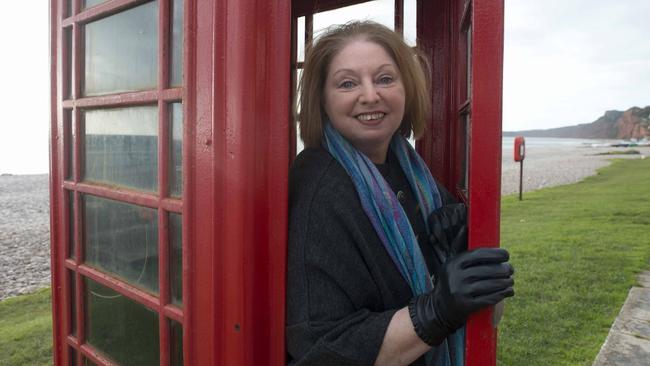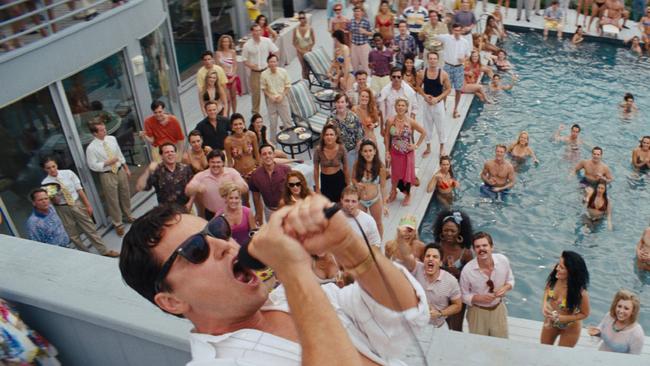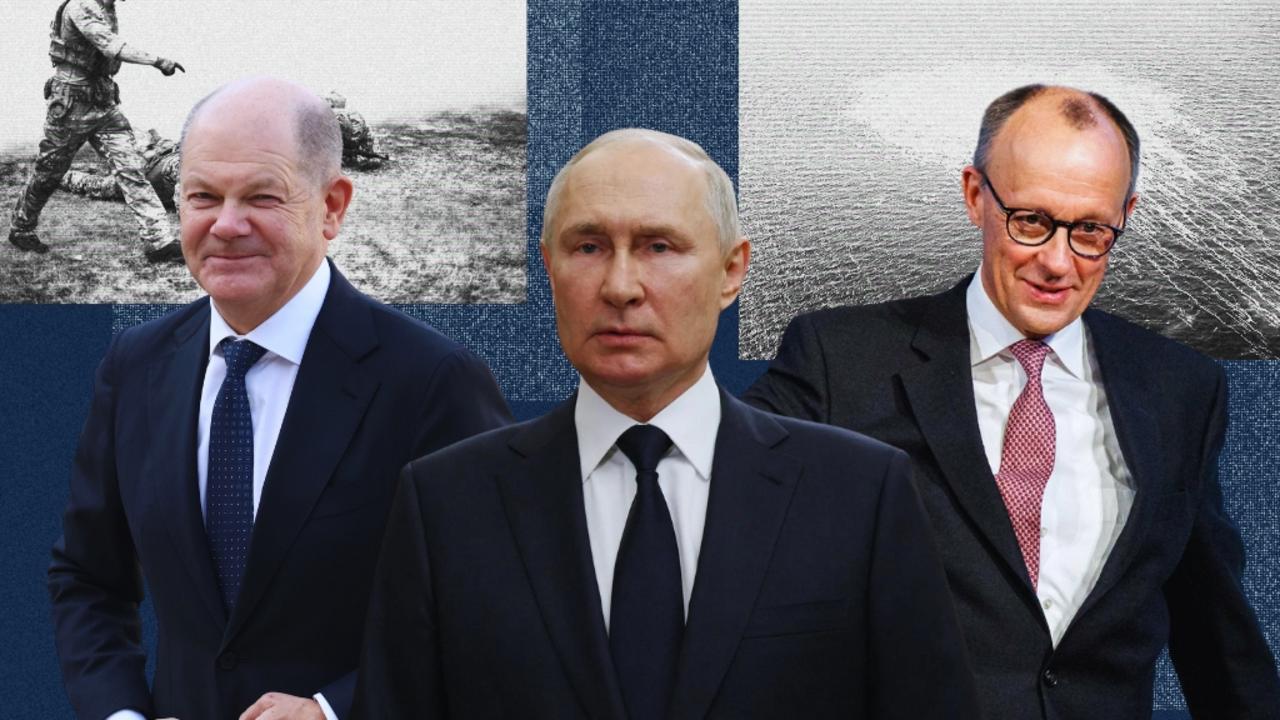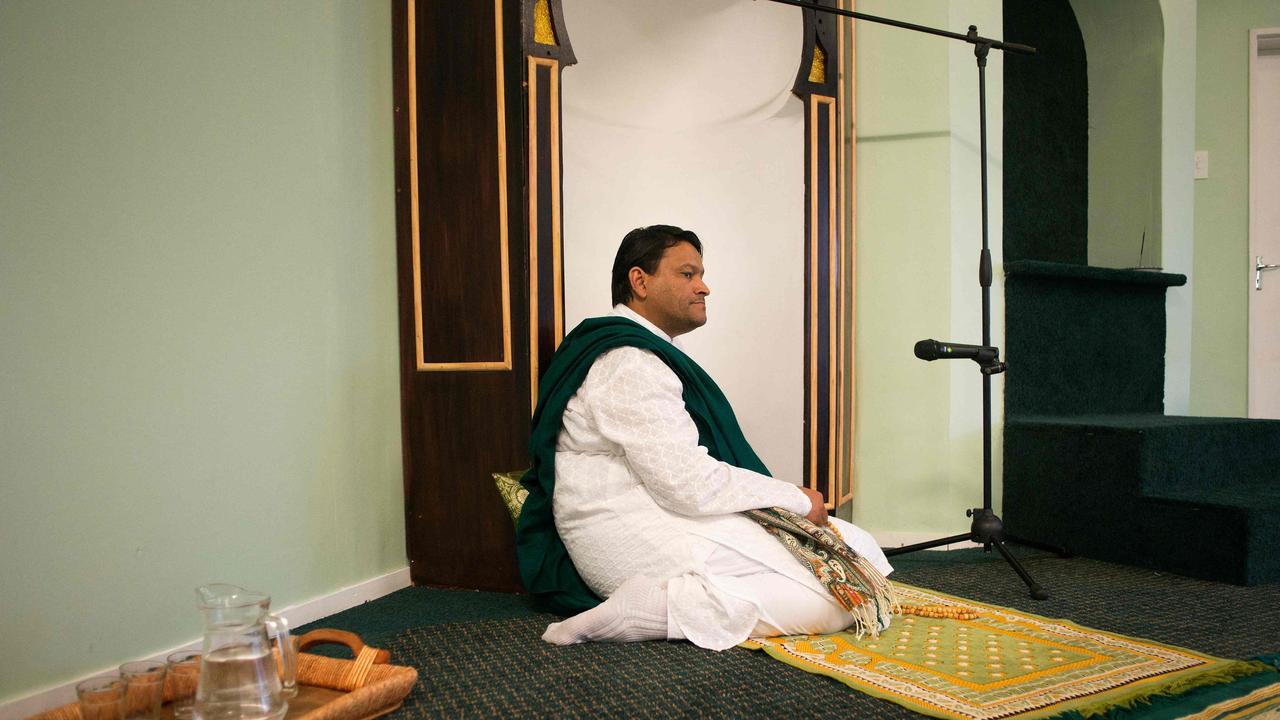Authors, musicians, filmmakers go to exhausting lengths to get their message across
As a writer gets bigger, so do their works. In their battle with the editor, they take the upper hand.

There are just days to go until the publication of The Mirror & the Light, the final volume in Hilary Mantel’s Wolf Hall trilogy. You should probably do some gentle eye exercises. At 912 pages, it is almost twice the size of Bring Up the Bodies, the second in the series, and about 250 pages longer than Wolf Hall.
Meanwhile, over at the National Theatre in London, artistic director Rufus Norris spoke last week of the difficulty of getting playwrights to, well, not write so much. A staging next month of The Seven Streams of the River Ota by Robert Lepage lasts a bladder-busting seven hours, although that does include a 45-minute break for dinner and two intervals.
Tony Kushner’s drama, Angels in America, lasted seven hours and 45 minutes when staged in two parts by the same theatre in 2017. Asked why the author could not be persuaded to edit his work, Norris replied: “Have you met Tony Kushner?”

It is often the case. As a writer gets bigger, so do their works. In their battle with the editor, they take the upper hand. This is not always good for the writer, the reader or the audience.
JK Rowling is another whose work has expanded over time. Harry Potter and the Philosopher’s Stone was a mere 223 pages, just right for polishing off on a wet school holiday afternoon. Four books later, Rowling was untouchable and Potter fans had to clear their diaries. The hardback Harry Potter and the Order of the Phoenix had 766 pages and was more than 6.35cm thick.
One of the best-known book editors, Gordon Lish, was brutal with American writer Raymond Carver and claims the credit for the success of Carver’s book, What We Talk About When We Talk About Love. His later short stories were not quite so short.
“Had I not revised Carver,” said Lish, “would he be paid the same attention?”
Authors are not always grateful. George RR Martin, creator of A Game of Thrones, once described editors as “the writer’s natural enemy”. That seems harsh as Martin now calls the (long) shots: his 1980 novel The Ice Dragon was only 128 pages. A Dance with Dragons, the fifth volume in the Game of Thrones series, was 1200 pages.
The world of pop music can have the same problem. Perhaps the biggest indulgence is the rock concept album. Mike Oldfield’s Tubular Bells was so popular he was almost single-handedly responsible for the early success of Virgin Records.
The rest of his career was a struggle between Virgin, which wanted to repeat that commercial success, and Oldfield, who sought to produce long and inventive instrumental works.
He gave Virgin a hit with Moonlight Shadow, but in 1989 released Amarok: a single 60-minute instrumental track that featured spoons, penny whistle, hammer and bucket, vacuum cleaner and an impersonation of Margaret Thatcher.

Yet it is perhaps the cinema where successful directors are given most scope to test customers’ endurance. Martin Scorsese now has a licence to linger. His latest film, The Irishman, is so long at 3½ hours that The Guardian ran a feature with the headline How to Survive The Irishman. Scorsese’s 1970s films all lasted about 1½ hours. Film by film they grew and grew until The Wolf of Wall Street (2013) hit three hours.
That’s nothing, though, compared with an obscure 2012 film called Logistics. It traces the manufacture of an electronic pedometer. This is obviously a complicated process because the action — such as it is — spins out over 35 days and 17 hours.
You should probably take a packed lunch.
The Sunday Times


